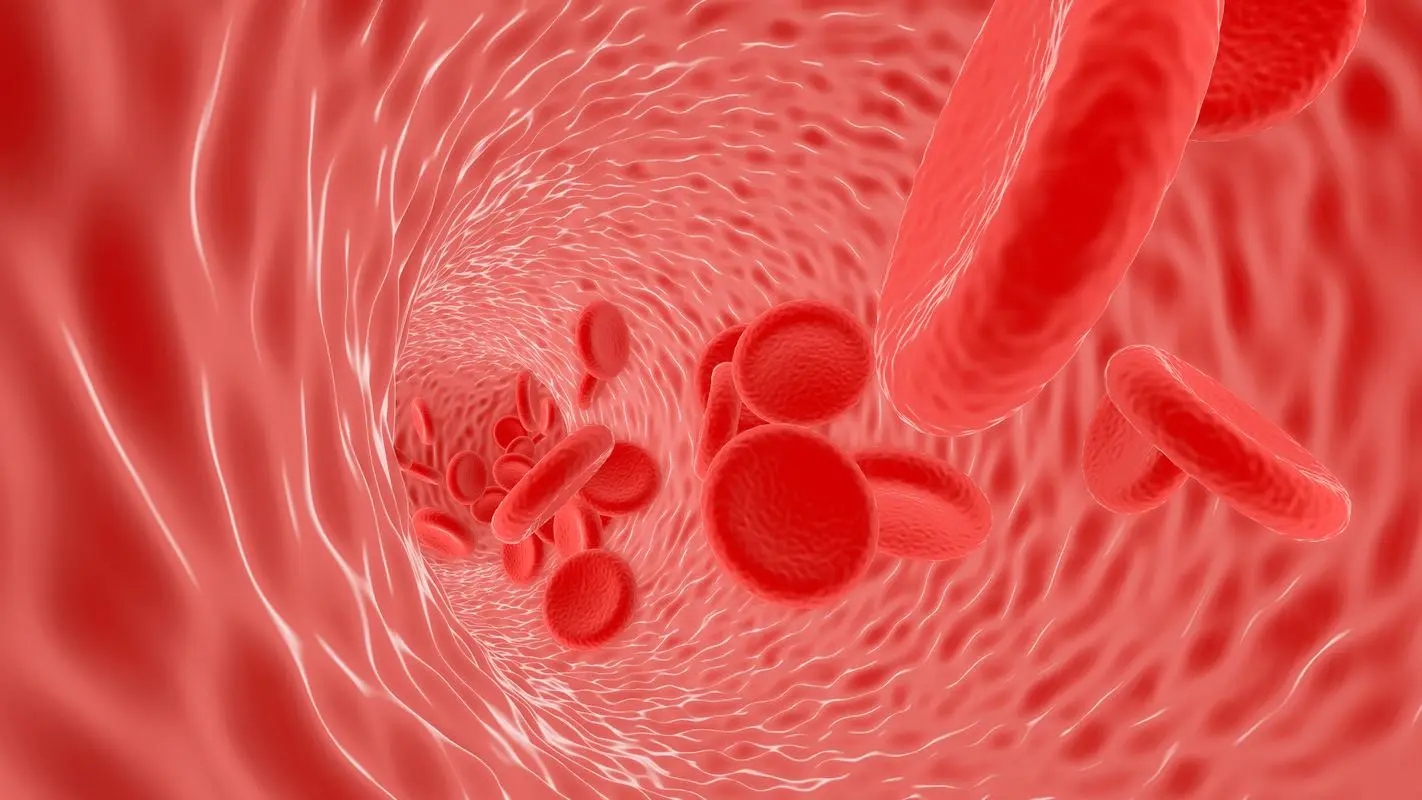人胰岛淀粉样多肽(IAPP)的毒性对胰岛细胞已被广泛研究。然而,已分泌的β细胞在胰腺IAPP的生理作用有太多的关注,它分泌这种肽与胰岛素对葡萄糖刺激。在这里,我们的目的是探讨在细胞有丝分裂和βIAPP行动的信号转导通路。我们表明IAPP激活ERK1/2和V-AKT小鼠胸腺瘤病毒癌基因同源物1(Akt)在皮摩尔范围(10–下午100点)在小鼠胰岛MIN6细胞培养和β在低葡萄糖浓度。相比之下,IAPP降低这些途径诱导的高血糖水平。始终,IAPP诱导增加1.7倍的β-在低糖条件下细胞的增殖,而在高血糖水平降低β细胞增殖。引人注目的是,IAPP的受体特异性拮抗剂AC187(100 nm)降低ERK1 / 2和Akt的活化,刺激β细胞减少β-葡萄糖24%细胞的增殖,揭示了关键作用的内源性释放的IAPP在β细胞对葡萄糖的反应。我们的结论是外加的IAPP发挥双重作用β细胞有丝分裂和增殖的信号,根据不同的葡萄糖浓度。重要的是,分泌IAPP有助于信号和有丝分裂反应β细胞葡萄糖通过自分泌机制。Visa, M., Alcarraz-Vizán, G., Montane, J., Cadavez, L., Casta?o, C., Villanueva-Pe?acarrillo, M. L., Servitja, J.-M., Novials, A.胰岛淀粉样多肽产生了一种新的自分泌作用β细胞信号和增殖。
原文
Islet amyloid polypeptide exerts a novel autocrine action in β-cell signaling and proliferation
Abstract
The toxic effects of human islet amyloid polypeptide (IAPP) on pancreatic islets have been widely studied. However, much less attention has been paid to the physiologic actions of IAPP on pancreatic β cells, which secrete this peptide together with insulin upon glucose stimulation. Here, we aimed to explore the signaling pathways and mitogenic actions of IAPP on β cells. We show that IAPP activated Erk1/2 and v-akt murine thymoma viral oncogene homolog 1 (Akt) at the picomolar range (10–100 pM) in mouse pancreatic islets and MIN6 β cells cultured at low glucose concentrations. In contrast, IAPP decreased the induction of these pathways by high glucose levels. Consistently, IAPP induced a 1.7-fold increase of β-cell proliferation at low-glucose conditions, whereas it reduced β-cell proliferation at high glucose levels. Strikingly, the specific antagonist of the IAPP receptor AC187 (100 nM) decreased the activation of Erk1/2 and Akt and reduced β-cell proliferation by 24% in



